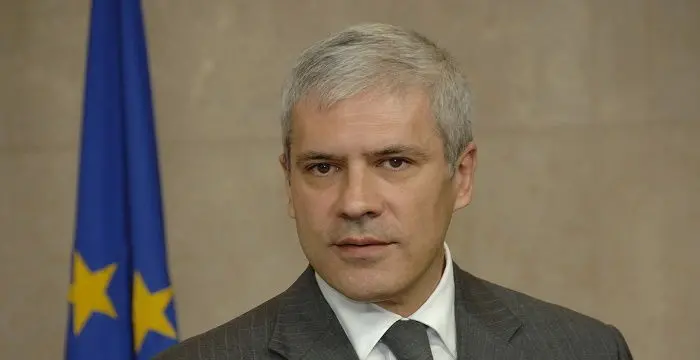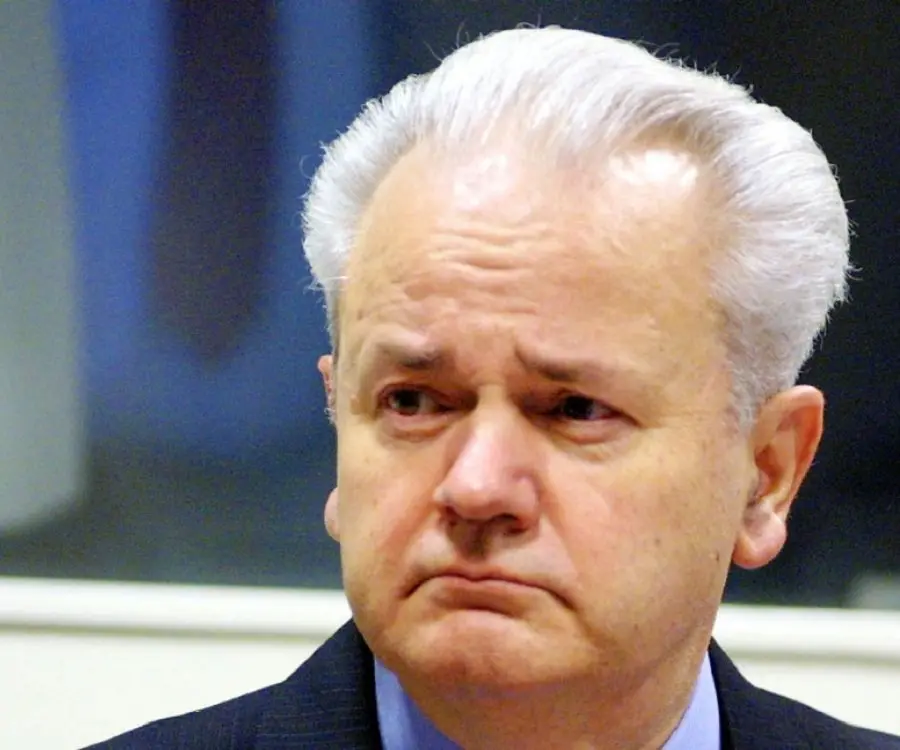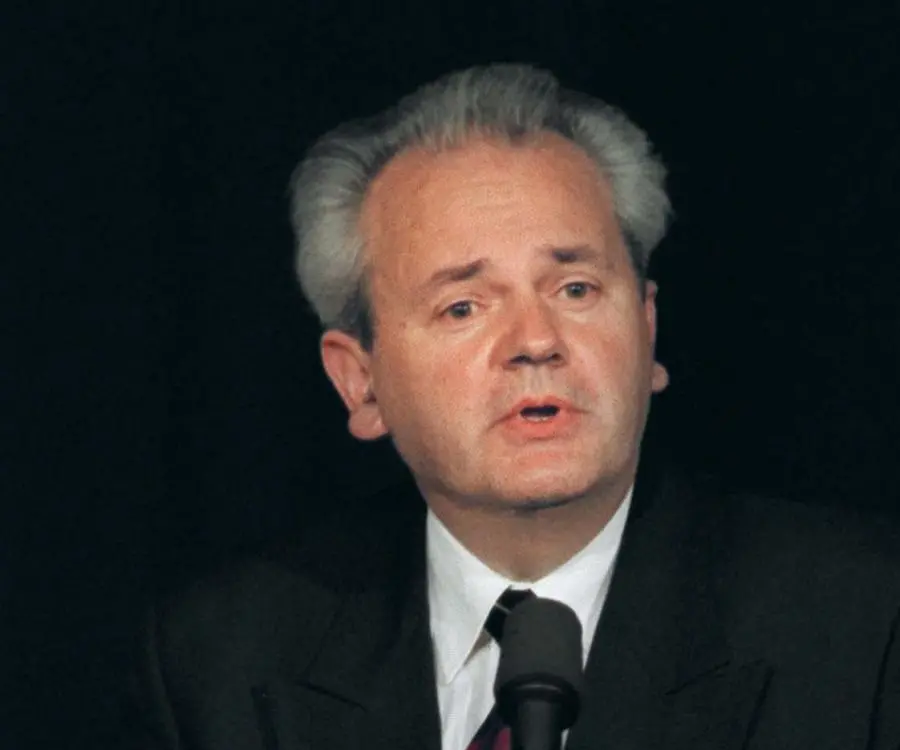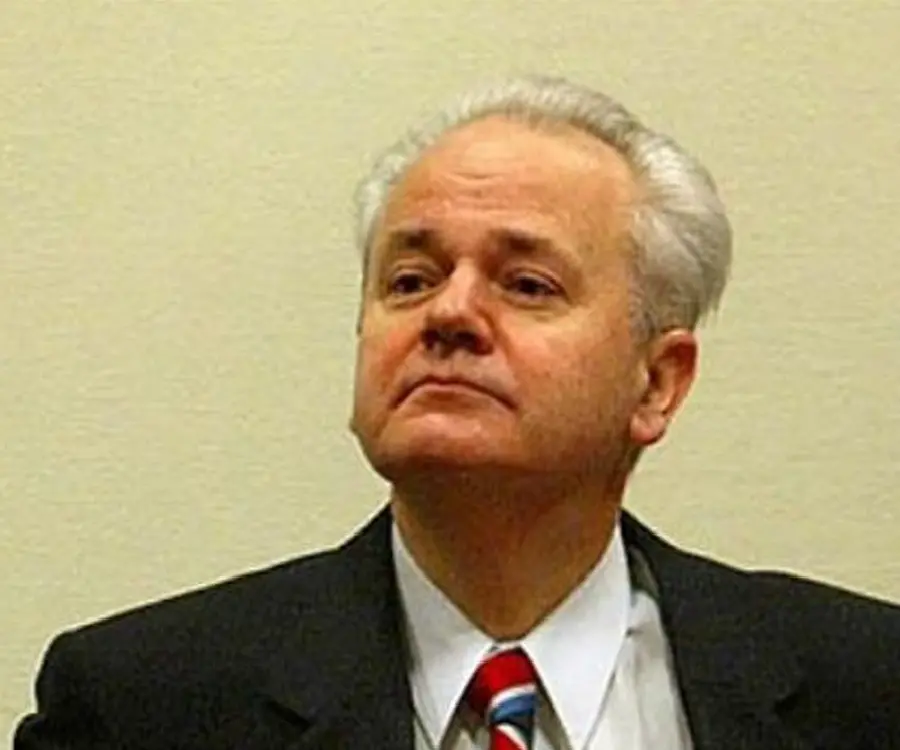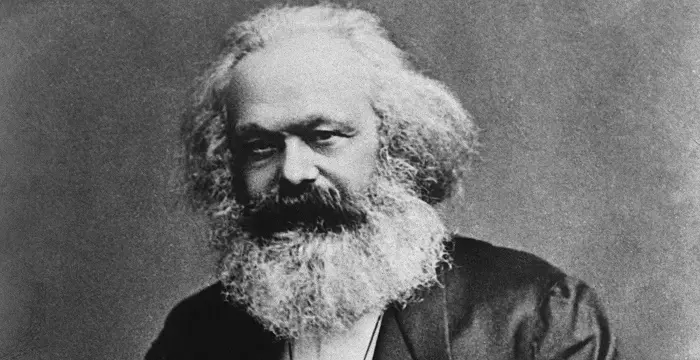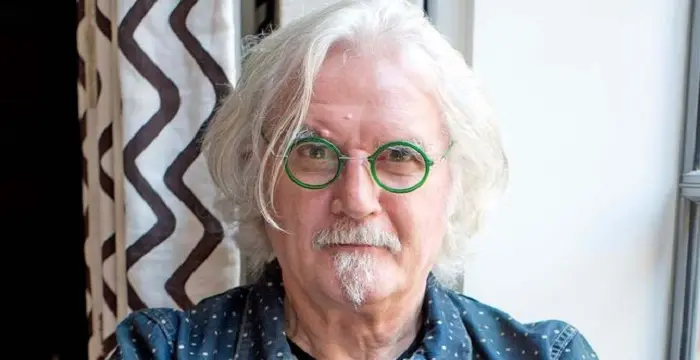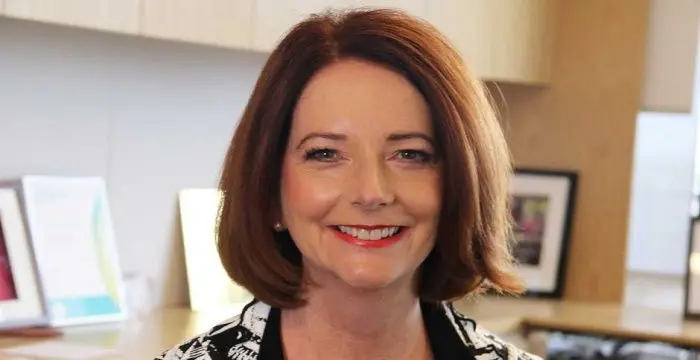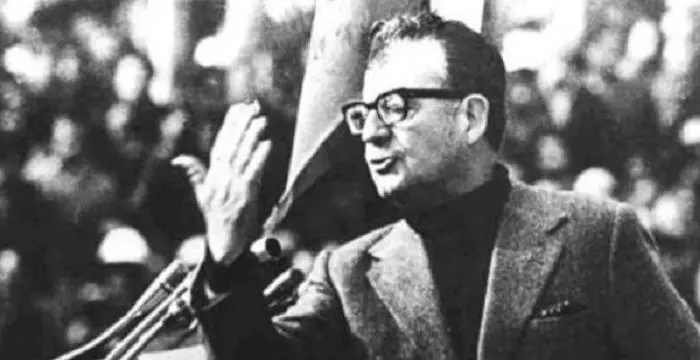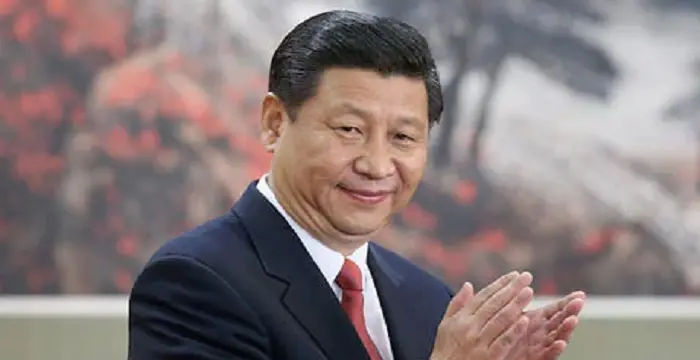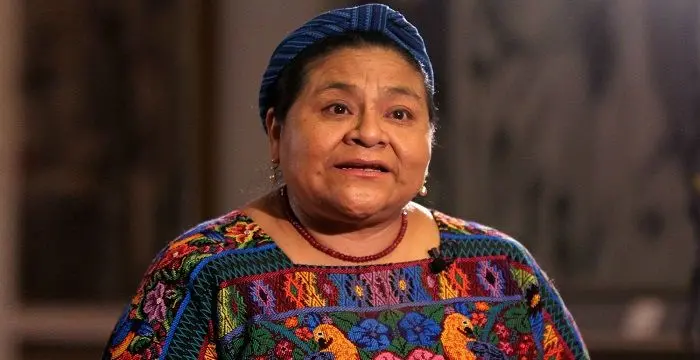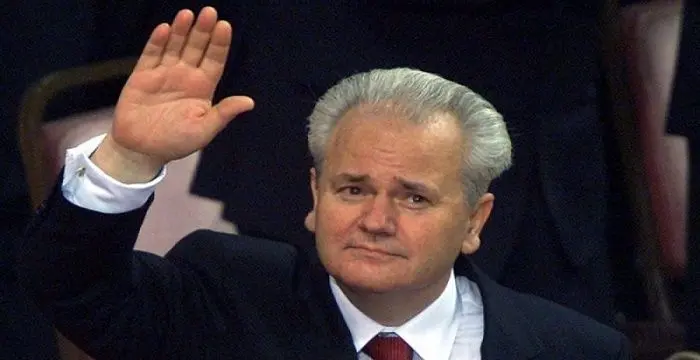
Slobodan Milosevic - Former President of Serbia, Facts and Facts
Slobodan Milosevic's Personal Details
Slobodan Milosevic was the President of Serbia from 1989 to 1997 and President of the Federal Republic of Yugoslavia from 1997 to 2000
| Information | Detail |
|---|---|
| Birthday | August 20, 1941 |
| Died on | March 11, 2006 |
| Nationality | Serbian |
| Famous | Communists, Socialists, War Criminals, Leaders, Political Leaders, Presidents, Former President of Serbia, the Federal Republic of Yugoslavia |
| Ideologies | Communists, Socialists |
| Nick names | Sloba |
| Universities |
|
| Birth Place | Požarevac |
| Political Ideology | Socialist Party of Serbia (after 1990), League of Communists of Yugoslavia (until 1990) |
| Religion | Atheist |
| Gender | Male |
| Sun Sign | Leo |
| Born in | Požarevac |
| Famous as | Former President of Serbia & the Federal Republic of Yugoslavia |
| Died at Age | 64 |
// Famous Former President of Serbia
Boris Tadić
Boris Tadić was the 3rd President of Serbia. This biography of Boris Tadić provides detailed information about his childhood, life, achievements, works & timeline.
Slobodan Milosevic's photo
Who is Slobodan Milosevic?
Slobodan Milosevic is best remembered as the dictator and politician of the Serbian and Yugoslavia. He served as the President of Serbia from 1989 until the 1997 and President of the Federal Republic of Yugoslavia from 1997 to 2000. His tenure as a politician is widely speculated and controversial. Though he was instrumental in the formation of the Socialist Party of Serbia, his presidency was marked by the breakup of Yugoslavia and the subsequent Yugoslav Wars. With the NATO bombing of Yugoslavia, he was charged of multiple accusations including genocide, and crimes against humanity in connection to the wars in Bosnia, Croatia and Kosovo by the International Criminal Tribunal for the former Yugoslavia (ICTY). However, before the charges imposed on him could be proved, he passed away in jail. Milosevic was responsible for a series of conflict that embroiled Serbia with the successor Balkan states. Life magazine in 2010 included his name in the list of ‘World’s Worst Dictators’.
Childhood & Early Life
Slobodan Milosevic was born to Svetozar Miloševic and Stanislava Resanovic in the Axis invaded land of Požarevac, in the Kingdom of Yugoslavia. While his father was a Serb Orthodox priest, his mother was a school teacher and an active member of the Communist Party.
He attained a degree in law from the University of Belgrade's Law School. While at law school, he was the head of ideology committee of the Yugoslav Communist League's (SKJ) student branch (SSOJ).
It was during his days at the university that he became friends with Ivan Stambolic. The friendship proved to be instrumental as through Stambolic, he was introduced to the president of Serbian Executive Council, Petar Stambolic, who was also Ivan Stambolic’s uncle.
Career
In 1966, upon completing his graduation, he began a career in the management and banking sector. First and foremost, he served as an economic advisor to the Mayor of Belgrade. Two years henceforth, he secured a job for himself at the Tehnogas Company.
Due to his acquaintance with Petar Stambolic, he rose to become the chairman of the Tehnogas Company by 1973. Further capitalizing on the relationship, he became the head of Beobanka, one of the largest banks in Yugoslavia.
He entered politics in 1984 as a prot�g� of the Belgrade League of Communists City Committee. By 1986, he became the president of the SKJ's Serbian branch Central Committee at the 10th Congress of the Serbian League of Communists.
Starting 1987, he was reckoned as a powerful force in Serbian politics. He strongly supported the Serbs in Kosovo to the point of going against the government and the ethnic group of the region, Albanians.
No sooner, his radical politics was criticized as he was looked upon as a nationalistic and a violator of the Yugoslav Communists' commitment to Brotherhood and Unity. His anti-bureaucratic revolution led to the resignation of his mentor Stambolic and his emergence to power.
As Serbian leader, he encouraged the restoration of complete power. Furthermore, to revive the Yugoslavia economy, he initiated free-market reforms. He also formed a commission which comprised of Belgrade’s leading neoliberal economists.
His revolutionary activities spread far and wide. He started off by replacing the government officials and leaders of Vojvodina and Montenegro with his own supporters. In 1989, he took over the position of Stambolic; in the republic’s presidency, thereby leading to Stambolic’s resignation.
Gaining control over the topmost positions in the government, he made several constitutional amendments which were approved by the governments of Kosovo, Vojvodina and Serbia. The amendments curtailed the provincial autonomy and encouraged Serbian control over the police, courts, national defence and foreign affairs.
With the Albanians boycotting the election, he and his men were elected to positions of authority by Serbian voters. They enjoyed control in four out of eight republics.
The growing animosity in other republics coupled with the escalating anti-Serb sentiments towards the political and economic reform led to the accelerated breakup of the League of Communists of Yugoslavia federation.
Following the multiparty elections in other republic, he soon adopted democratic multiparty system and transformed the League of Communists to Socialist Party of Serbia.
In 1992, the Federal Republic of Yugoslavia was created by Serbia and Montenegro, which led to the final dismantling of the communist infrastructure and creation of a federal democratic multiparty system of government. The same year, he was re-elected to the Serbian Presidency.
He played a dominant role in the Yugoslavia war. Backed by Serbian militants, he led warfare against Croatia, Slovenia and Bosnia who had declared their independence, to bring them back with Serbia. The war continued for three years but in vain, as Croatian forces powerfully evacuated the Serbian population from their land.
The war had a demeaning effect on the economy of Serbia as well, which was suffering badly from the trade sanctions that had been imposed by the United Nations. To lift the sanction, he had been left with no other choice rather than to accept the peace accord and end the fighting in Bosnia.
Despite a democratic setup, he retained authoritarian control during his Presidency in the new Federal Republic of Yugoslavia. He exceedingly controlled the media and exercised a great deal of dominance on its censorship. Furthermore, he limited his political opponents and formed opportunistic alliances with other parties.
In 1997, despite being barred from continuing to be in power for a third time, he forcefully led the federal parliament to elect him to the post of the President again in 1997. Due to the same, he was accused by the UN’s International Criminal Tribunal for the Former Yugoslavia (ICTY).
In 1999, he was held responsible for war crimes and crimes against humanity caused in Kosovo War. The following year, he lost the presidential race in the first round itself to opposition leader Koštunica, who won slightly more than 50% of the votes.
His rejection of the result of the first round election led to mass demonstrations, which was popularly called Bulldozer Revolution. As such a second round of election was held which too ended up with same results. He formally accepted defeat on October 6, 2000. The Following day, Koštunica assumed office as the new Yugoslav president.
He was forced to surrender on March 31, 2001, following charges of corruption and abuse of power. Despite constitutional limitations, he was transferred by Yugoslav government officials from his jail-cell in Belgrade to the International Criminal Tribunal for the Former Yugoslavia.
The trial began on February 12, 2002, during which he defended himself of war crimes in Croatia and genocide in Bosnia. The trial lasted for two years and came under public scrutiny as several high profile witnesses were involved.
Personal Life & Legacy
In 1971, he tied the knot with his childhood sweetheart Mirjana Markovic. The couple was blessed with two children, Marko and Marija.
He suffered from heart problems and high blood pressure during his stay in the jail at Hague.
Before the trial could be concluded, he suffered from a heart attack and was found dead in his cell in the UN war crimes tribunal's detention center on March 11, 2006. Since he passed away before the end of the trial, he was never found guilty of the charges against him.
His death caused feelings of anguish among his supporters while those supporting the ICTY were furious at him being unpunished for his crimes. A farewell ceremony was held which was attended by tens of thousands of his supporters.
Trivia
This former President of the Federal Republic of Yugoslavia is often referred to as the ‘Butcher of the Balkans’.
// Famous Political Leaders
Edi Rama
Edi Rama is the current Prime Minister of Albania. Check out this biography to know about his childhood, life, achievements, works & timeline.
Khalifa bin Zayed Al Nahyan
Sheikh Khalifa bin Zayed Al Nahyan is the current President of the United Arab Emirates (UAE). Check out this biography to know about his birthday, childhood, family life, achievements and fun facts about him.
Leo Varadkar
Cam Leo Varadkar is the current Taoiseach—the Prime Minister—of the Republic of Ireland. Check out this biography to know about his childhood, family life, achievements and other facts about his life.
Slobodan Milosevic biography timelines
- // 20th Aug 1941Slobodan Milosevic was born to Svetozar Miloševic and Stanislava Resanovic in the Axis invaded land of Požarevac, in the Kingdom of Yugoslavia. While his father was a Serb Orthodox priest, his mother was a school teacher and an active member of the Communist Party.
- // 1966In 1966, upon completing his graduation, he began a career in the management and banking sector. First and foremost, he served as an economic advisor to the Mayor of Belgrade. Two years henceforth, he secured a job for himself at the Tehnogas Company.
- // 1971In 1971, he tied the knot with his childhood sweetheart Mirjana Markovic. The couple was blessed with two children, Marko and Marija.
- // 1973Due to his acquaintance with Petar Stambolic, he rose to become the chairman of the Tehnogas Company by 1973. Further capitalizing on the relationship, he became the head of Beobanka, one of the largest banks in Yugoslavia.
- // 1984 To 1986He entered politics in 1984 as a prot�g� of the Belgrade League of Communists City Committee. By 1986, he became the president of the SKJ's Serbian branch Central Committee at the 10th Congress of the Serbian League of Communists.
- // 1987Starting 1987, he was reckoned as a powerful force in Serbian politics. He strongly supported the Serbs in Kosovo to the point of going against the government and the ethnic group of the region, Albanians.
- // 1989His revolutionary activities spread far and wide. He started off by replacing the government officials and leaders of Vojvodina and Montenegro with his own supporters. In 1989, he took over the position of Stambolic; in the republic’s presidency, thereby leading to Stambolic’s resignation.
- // 1992In 1992, the Federal Republic of Yugoslavia was created by Serbia and Montenegro, which led to the final dismantling of the communist infrastructure and creation of a federal democratic multiparty system of government. The same year, he was re-elected to the Serbian Presidency.
- // 1997In 1997, despite being barred from continuing to be in power for a third time, he forcefully led the federal parliament to elect him to the post of the President again in 1997. Due to the same, he was accused by the UN’s International Criminal Tribunal for the Former Yugoslavia (ICTY).
- // 1999In 1999, he was held responsible for war crimes and crimes against humanity caused in Kosovo War. The following year, he lost the presidential race in the first round itself to opposition leader Koštunica, who won slightly more than 50% of the votes.
- // 6th Oct 2000His rejection of the result of the first round election led to mass demonstrations, which was popularly called Bulldozer Revolution. As such a second round of election was held which too ended up with same results. He formally accepted defeat on October 6, 2000. The Following day, Koštunica assumed office as the new Yugoslav president.
- // 31st Oct 2001He was forced to surrender on March 31, 2001, following charges of corruption and abuse of power. Despite constitutional limitations, he was transferred by Yugoslav government officials from his jail-cell in Belgrade to the International Criminal Tribunal for the Former Yugoslavia.
- // 12th Feb 2002The trial began on February 12, 2002, during which he defended himself of war crimes in Croatia and genocide in Bosnia. The trial lasted for two years and came under public scrutiny as several high profile witnesses were involved.
- // 11th Mar 2006Before the trial could be concluded, he suffered from a heart attack and was found dead in his cell in the UN war crimes tribunal's detention center on March 11, 2006. Since he passed away before the end of the trial, he was never found guilty of the charges against him.
// Famous Socialists
Karl Marx
Karl Marx was a Prussian-German philosopher, revolutionary, historian and socialist whose communist ideologies and works laid the foundation for ‘Marxism’. Explore this biography to learn more about his childhood, life achievements, works & timeline.
Billy Connolly
Billy Connolly is a Scottish actor, musician and stand-up comedian. Check out this biography to know about his childhood, family life, achievements and fun facts about his
Julia Gillard
Julia Gillard is a former Prime Minister of Australia and the first woman to hold the position. To know more about her childhood, career, profile and timeline read on
Salvador Allende
Salvador Allende was a former president of Chile. He was the first Marxist to become the president of a Latin American country through open elections. This biography provides detailed information about his life, achievements, works & timeline.
Xi Jinping
Xi Jinping is the current President of the world’s populous republic nation. The Chinese leader aims to establish the country as a super-power. To know more about his childhood, career, timeline and profile read on.
Rigoberta Menchú
Rigoberta Menchu has dedicated her life for betterment of the people of her nation and is credited to bring an end to Guatemalan Civil War. To know more about her childhood, career, profile and timeline read on
Slobodan Milosevic's FAQ
What is Slobodan Milosevic birthday?
Slobodan Milosevic was born at 1941-08-20
When was Slobodan Milosevic died?
Slobodan Milosevic was died at 2006-03-11
Where was Slobodan Milosevic died?
Slobodan Milosevic was died in The Hague
Which age was Slobodan Milosevic died?
Slobodan Milosevic was died at age 64
Where is Slobodan Milosevic's birth place?
Slobodan Milosevic was born in Požarevac
What is Slobodan Milosevic nationalities?
Slobodan Milosevic's nationalities is Serbian
What is Slobodan Milosevic ideologies?
Slobodan Milosevic's ideologies is Communists, Socialists
What is Slobodan Milosevic nick names?
Slobodan Milosevic's nickNames is Sloba
What was Slobodan Milosevic universities?
Slobodan Milosevic studied at University of Belgrade's Law School
What is Slobodan Milosevic's political ideology?
Slobodan Milosevic's political ideology is Socialist Party of Serbia (after 1990), League of Communists of Yugoslavia (until 1990)
What is Slobodan Milosevic's religion?
Slobodan Milosevic's religion is Atheist
What is Slobodan Milosevic's sun sign?
Slobodan Milosevic is Leo
How famous is Slobodan Milosevic?
Slobodan Milosevic is famouse as Former President of Serbia & the Federal Republic of Yugoslavia
